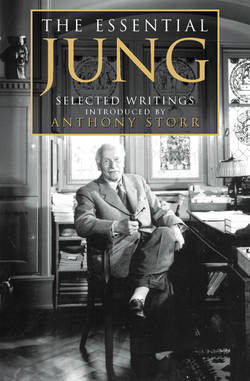Читать книгу The Essential Jung: Selected Writings - Anthony Storr - Страница 18
THE GENETIC CONCEPTION OF LIBIDO
ОглавлениеThe attitude of reserve which I adopted towards the ubiquity of sexuality in my foreword to “The Psychology of Dementia Praecox,” despite the fact that I recognized the psychological mechanisms pointed out by Freud, was dictated by the position of the libido theory at that time. Its sexual definition did not permit me to explain functional disturbances which affect the indefinite sphere of the hunger drive just as much as that of sex solely in the light of a sexual libido theory. Freud’s libido theory had long seemed to me inapplicable to dementia praecox. In my analytical work I noticed that, with growing experience, a slow change in my conception of libido had taken place. Instead of the descriptive definition set forth in Freud’s Three Essays, there gradually took shape a genetic definition of libido, which enabled me to replace the expression “psychic energy” by “libido.”
A very important divergence of view with Freud was over the question of incest. Freud, with his insistence on the literal, believed that neurosis was connected with the persistence of incestuous desires connected with the Oedipus complex. As a previous extract demonstrated, Jung believed that incestuous fantasies were not causal factors in neurosis, but became reactivated as a result of regression in the face of a failure of adaptation in the present. He also began to realize that regression might be a necessary prelude to finding a new and better adaptation. Incest, therefore, could have the symbolic significance of a new synthesis taking place within the individual which pointed toward a creative solution to his problems.
